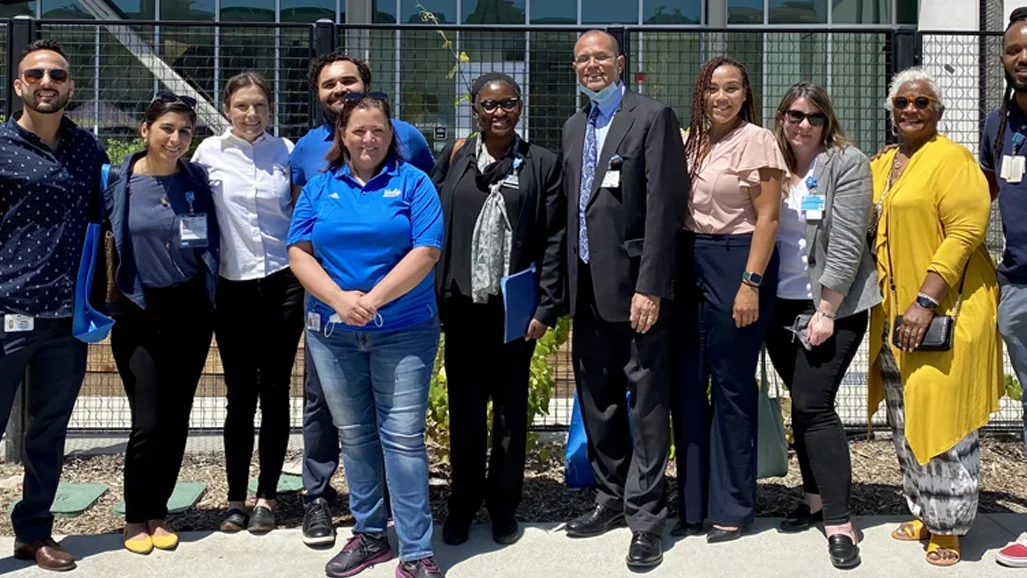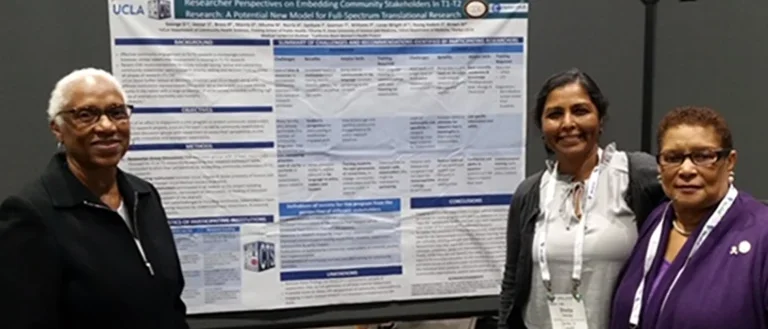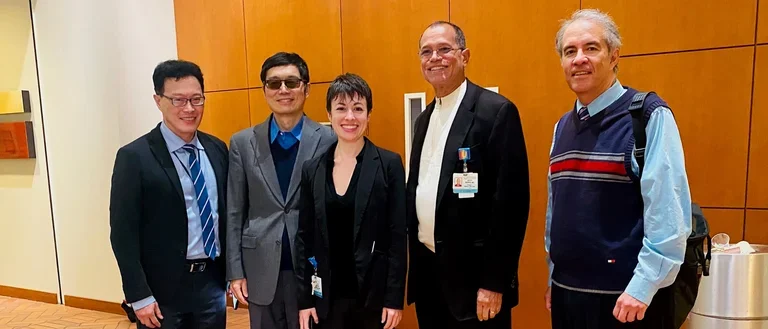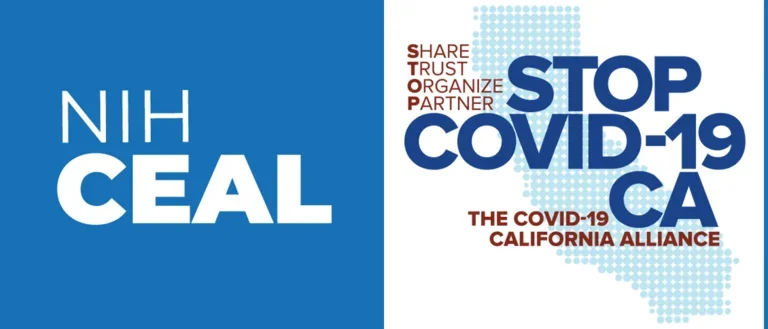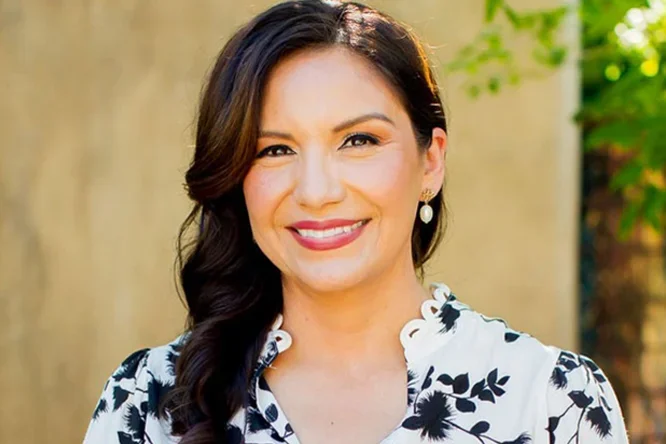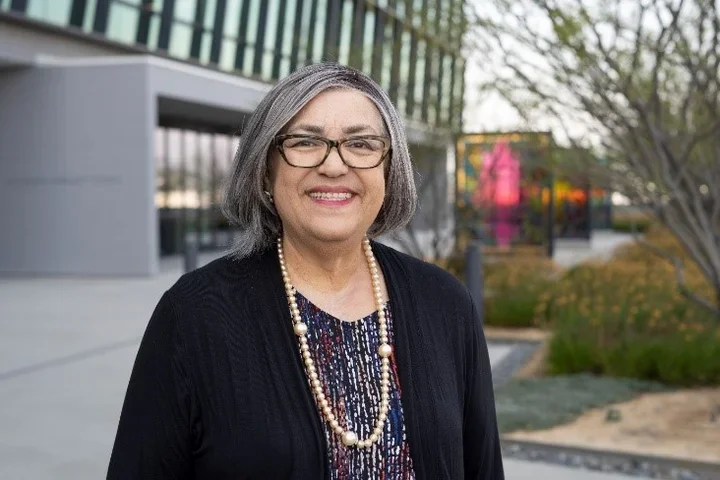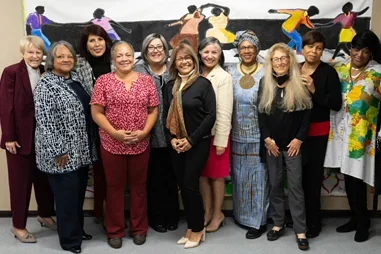Community Engagement
Community Engagement and Research Program (CERP)
The Community Engagement and Research Program (CERP) partners with community members, organizations, service providers, policymakers, academia, government, local health systems and researchers to identify and research public health priorities towards the goal of improving health in Los Angeles County.
What We Do:
- Connect: Foster community-academic partnerships to improve public health and health equity
- Create: Develop respectful, equitable, and mutually beneficial research partnerships
- Advance: Training and development opportunities
- Engage: Community outreach, symposia, capacity building
- Act: Focus on impactful outcomes to achieve social change
What is Community-Engaged Research?
Community-engaged research is “the process of working collaboratively with and through groups of people affiliated by geographic proximity, special interest, or similar situations to address issues affecting the well-being of those people.”[1]
Characteristics of Community-Engaged Research
- Community members and researchers are actively engaged throughout research as authentic partners in response to community-identified priorities, needs, and capacities
- Respect, trust, collaborative leadership, flexibility, and shared decision making
- Findings and knowledge are shared, reciprocal, and benefit all partners
- Researchers and community members recognize each other’s strengths, resources, assets, and expertise in a bidirectional, mutual learning, problem-solving, joint action process
- Core elements include local capacity building, systems development, empowerment and sustainability [2-4]
References:
- CDC, Principles of community engagement, 1997, Centers for Disease Control and Prevention: Atlanta, GA.
- Horowitz, C.R., M. Robinson, and S. Seifer, Community-based participatory research from the margin to the mainstream: are researchers prepared? Circulation, 2009. 119(19): p. 2633-2642.
- Ferr, C.D., et al., The Healthy African American Families (HAAF) project: from community-based participatory research to community-partnered participatory research. Ethnicity & Disease, 2010. 20(1 0 2): p. S2.
- Jones, L. and K. Wells, Strategies for academic and clinician engagement in community-participatory partnered research. JAMA, 2007. 297(4): p. 407-410.
